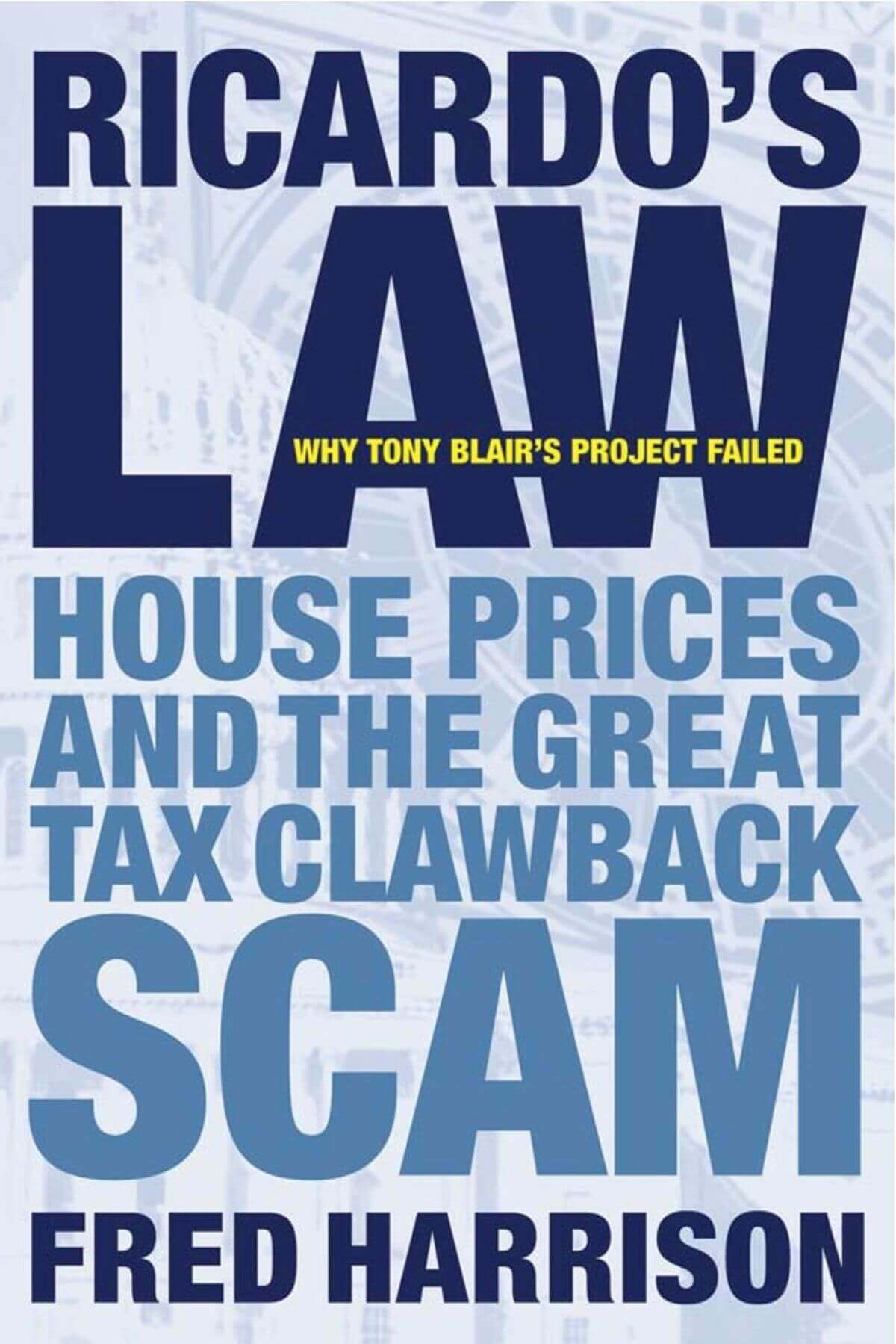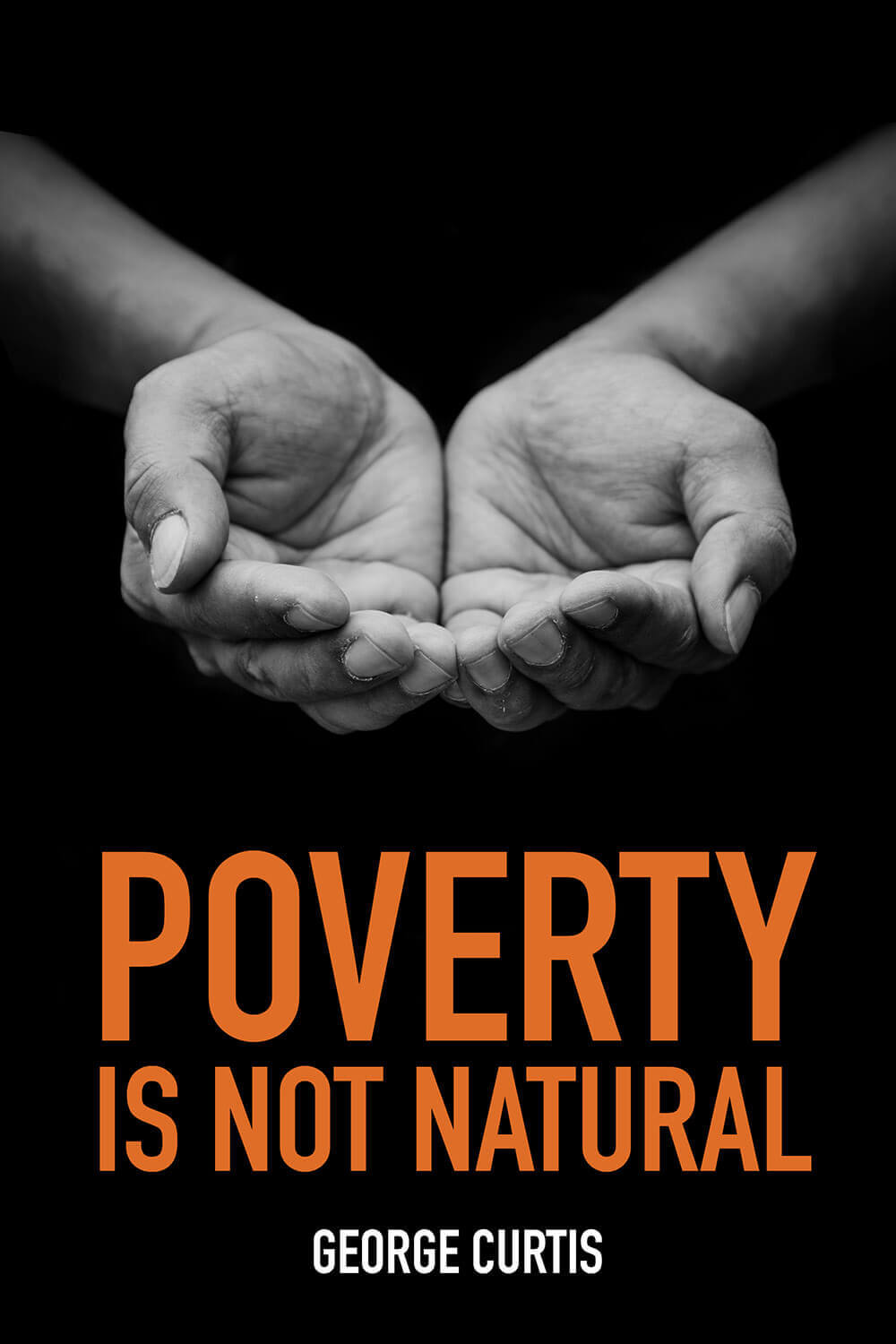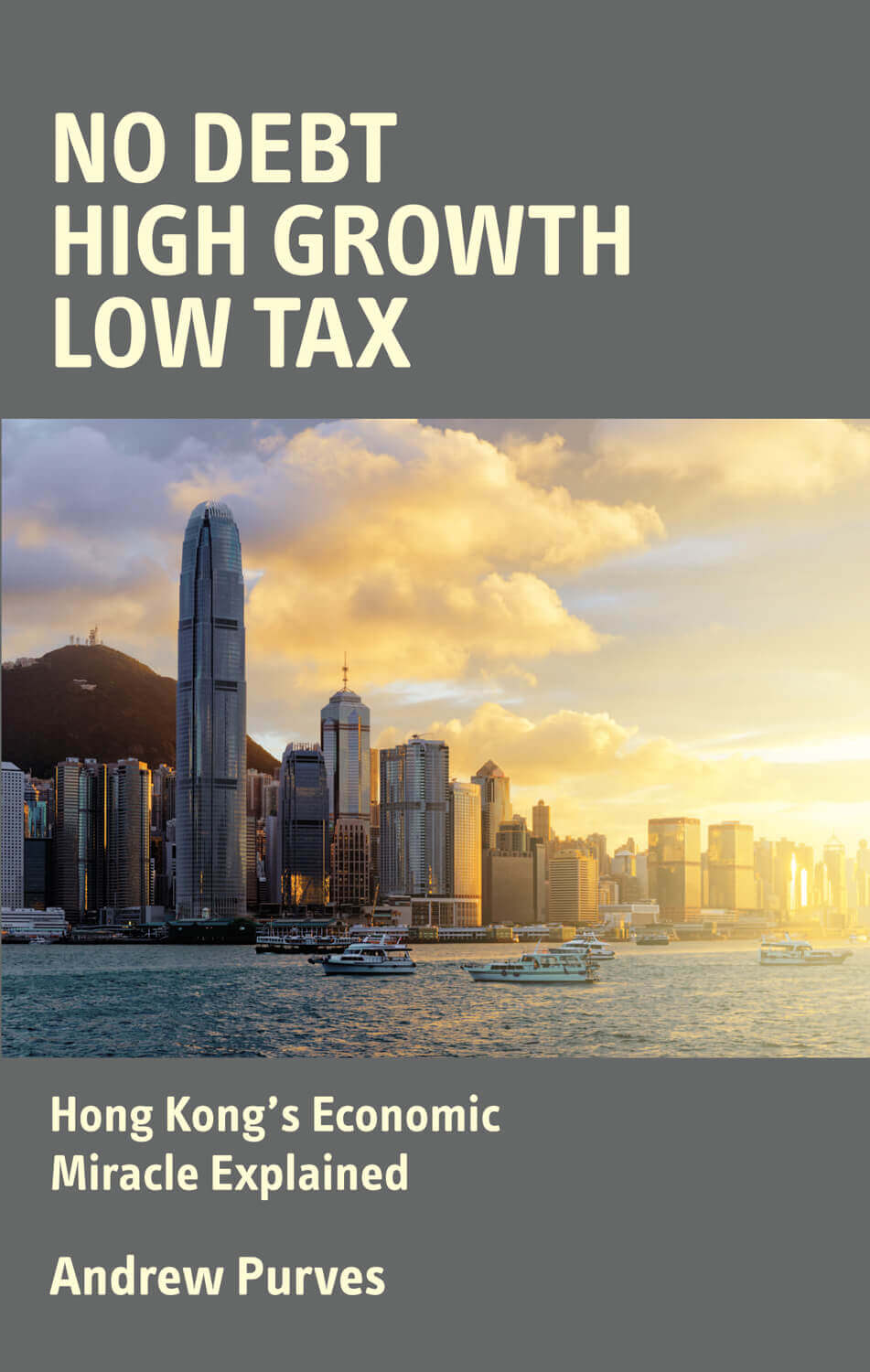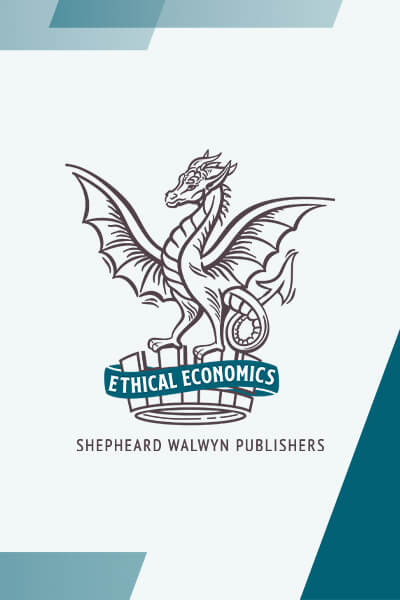Famous buildings don’t just document the past, they also tell the future
It’s a well-known fact that the world’s most renowned construction projects, monuments and buildings have historically been built to celebrate something. To commemorate the past, in other words. Whether they are ancient works, like the Great Pyramids of Giza being used to celebrate the glory of the Egyptians pharaohs, or more recent creations like Gateway
Read More
Should the World Economic Forum prioritise Climate Change over Economics?
In their Global Risks Report the World Economic Forum listed five environmental issues as the top risks to the global economy in 2020, overshadowing all other risks, including economic, and called for a new “growth paradigm” that addresses the interconnectedness of socio-economic factors with climate change. In an article entitled ‘The Greening of Mrs Thatcher’,
Read More
Poverty is not Natural
The first United Nations Sustainable Development Goal is to ‘End poverty in all its forms everywhere’, and yet regardless of whether there is a left wing, right wing or centrist government in power, the gap between rich and poor continues to increase, suggesting some common cause that is being overlooked. Nelson Mandela maintained in his
Read More
Models of Fair Public Ownership
So often, the debate about public ownership is based on a narrative that sets the public interest against the private interest. In this debate in western democracies, one can characterise the period since the Second World War as having been a game of two halves. In Britain during the war, a social democratic narrative emerged,
Read More
Mens Creatrix – The Creator Mind : William Temple and Brexit
By John Symons People debate endlessly whether or not Churchill would have supported Brexit. But what of the great man whom Churchill recommended to the King in 1942 as Archbishop of Canterbury? Which side would William Temple, perhaps the greatest Archbishop in the last century, have supported? Temple is correctly regarded as a man of
Read More
Overcoming Poverty
In Progress and Poverty Henry George sought the ‘cause of industrial depressions and the increase of want with the increase of wealth’ and offered a ‘remedy’ which remains as relevant to the problems of poverty and inequality we face today, as when he first wrote, but it also opens a new way of dealing with
Read More
A History of Land Value Taxation in Pittsburgh
This essay on Pittsburgh by Ian Hopton follows the theme of an earlier essay on New Zealand enquiring into the reasons why clearly successful systems of Land Value Taxation were nevertheless abandoned. The Graded Tax of Pittsburgh lasted from 1914 to 2001, and there is considerable evidence of its success, especially in the first decades
Read More
Tony Blair initiative to solve housing crisis
The Observer (3rd Dec) revealed a new initiative to tackle the housing crisis from the Tony Blair Institute for Global Change. Blair is proposing that council tax and business rates, which are currently based on the value of the site and any building or improvement on it, be replaced by a tax which relates solely
Read More










